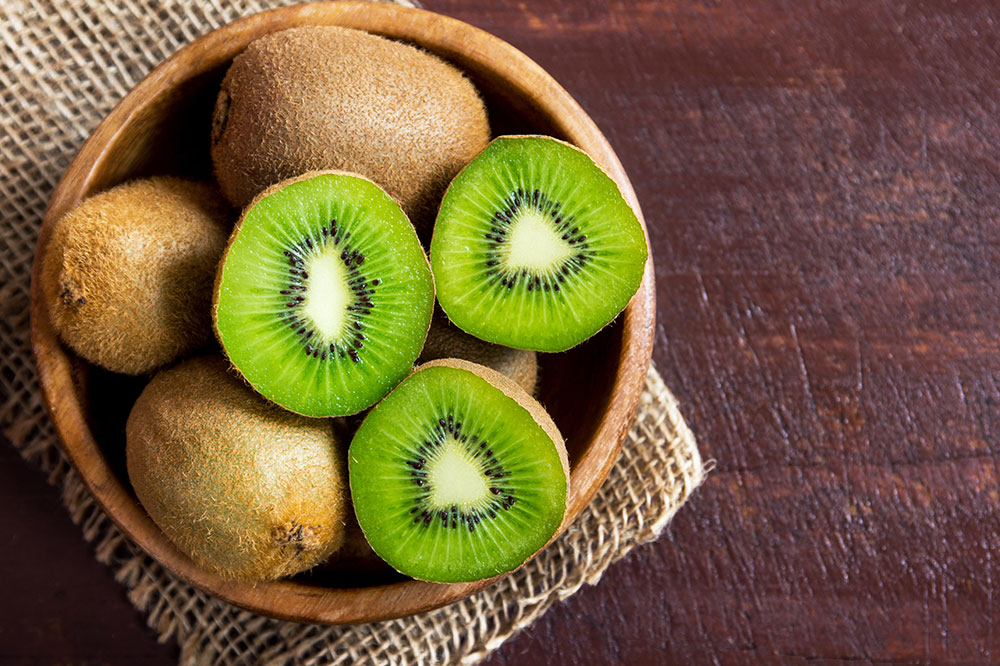Effective Natural Strategies for Quick Relief from Hard Stools
Learn natural and effective methods for quick relief from hard stools. This guide covers hydration, fiber-rich foods, herbal remedies, physical activity, and proper toilet posture to alleviate constipation safely. Implementing these tips can improve bowel health and prevent future issues, making digestion smoother without medications.
Sponsored

Constipation, characterized by hardened stool that difficultly passes, can lead to straining and complications like hemorrhoids or anal tears. Fortunately, several natural remedies can help alleviate this discomfort. Key approaches include dietary adjustments, lifestyle changes, and home remedies. Incorporating habits such as staying well-hydrated, eating fiber-rich foods, and regular exercise can significantly improve bowel movements. These natural methods offer a safe, effective way to manage constipation and promote digestive health without relying on medications.
Increase Water Intake
Dehydration is a primary contributor to constipation. Drinking ample water softens stool and simplifies passage. Aim for at least 64 ounces daily, and carry a water bottle to stay hydrated on busy days, ensuring your stool remains soft and manageable.
Consume Adequate Dietary Fiber
Eating foods rich in fiber, including fruits, vegetables, whole grains, nuts, seeds, beans, and lentils, promotes healthy bowel movements. Insoluble fiber adds bulk to stool, while soluble fiber softens it, facilitating easier passage and reducing constipation.
Enjoy Prunes Regularly
Prunes are a traditional remedy for constipation due to their high fiber and sorbitol content, which acts as a natural laxative. Eating about 6-7 prunes twice daily can help soften stool and promote regularity.
Add Olive Oil to Your Diet
Consuming a teaspoon of olive oil on an empty stomach can lubricate the digestive tract, helping hard stools pass more easily. Limit intake to avoid excessive effects like diarrhea.
Try Herbal Tea with Senna
Senna tea, derived from the Senna plant, contains natural laxatives and can offer quick relief. Use sparingly and consult a healthcare provider before use, especially for ongoing constipation.
Include Fermented Foods Rich in Probiotics
Foods like yogurt, kefir, kimchi, and sauerkraut contain beneficial bacteria that improve gut health, soften stool, and support regular bowel movements.
Exercise Regularly
Physical activity stimulates intestinal movement, aiding in stool passage. Even 30 minutes of daily walking or light exercise can prevent and relieve constipation.
Incorporate Flaxseeds into Your Diet
Flaxseeds contain mucilage fiber, which forms a gel-like substance when mixed with water, helping to soften stool and ease bowel movements.
Practice Squatting Technique
Using a footstool to elevate your feet while on the toilet encourages a squatting position. This posture relaxes abdominal muscles, making stool passage easier and reducing straining.
Use Ginger for Digestive Support
Ginger reduces intestinal pressure and stimulates digestion. Chewing fresh ginger or drinking warm ginger tea can soothe constipation symptoms, including bloating and cramps.






